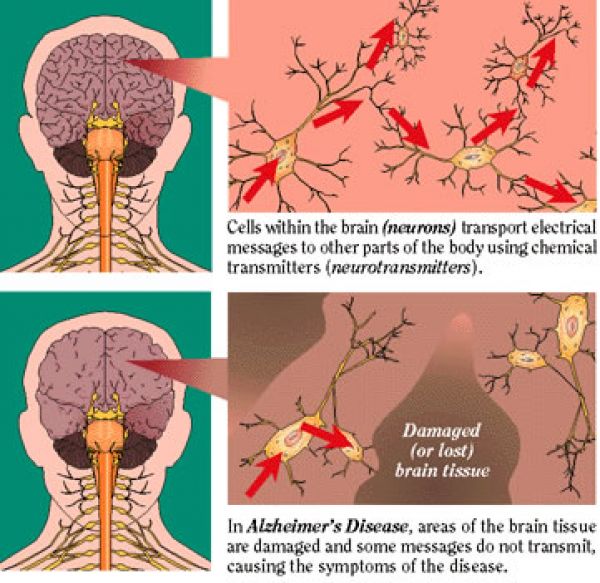Alzheimer’s disease dramatically affects the lives of millions of Americans everyday. Approximately 5.4 million people live with Alzheimer’s in the United States, and one out of every eight senior Americans suffers from the disease, according to statistics from the Alzheimer’s Association. The disease ranks as the sixth most common cause of death in the U.S., and while other causes of death ranked in the top ten have decreased in recent years, the number of deaths from Alzheimer’s actually increased 66 percent between 2000 and 2008.
The true devastation from Alzheimer’s comes from how dramatically it impacts the lives of those with the disease and their loved ones. Over 15 million Americans provide unpaid care to Alzheimer’s patients at an estimated value of $210 billion a year. This numbers ranks slightly higher than the number of payments for Alzheimer’s care made in the U.S (roughly $200 billion) each year.
In a fight against the disease that always seems halting in its progress, finally some good news has recently emerged. Researchers in Iceland have uncovered a rare genetic mutation, which only a few people carry, that greatly reduces their risk of developing Alzheimer’s. Publishing their findings in the journal Nature, researchers at deCODE genetics, a Reykjavik based firm that studies the human genome, also found that the mutation seems to protect individuals without Alzheimer’s from the normal cognitive decline that accompanies aging. Even the though the mutation is incredibly rare, its discovery brings renewed optimism about experimental drugs that work on the same part of the brain.
Alzheimer’s causes plaques to form in the brains of individuals with the disease that consist of a substance known as amyloid beta. The discovered mutation alters the gene that controls the production of amyloid beta in the brain. Studying the genomes of 1,800 Icelanders, researchers found that individuals with the mutation produced approximately 40 percent fewer proteins that convert into becoming amyloid beta plaques. This provides individuals with the mutation a profoundly strong defense against developing the disease.
The mutation works by decreasing the effectiveness of the protein BACE 1, which helps to create amyloid beta plaques in the brain. Several drug companies have experimental drugs in the works that attempt to accomplish this same affect, and believe the discovery of this new mutation bodes well for their pending research. BACE 1 inhibitor drugs are currently in the trial stage, but researchers estimate that any definitive results from the trials are still years away.
If these inhibitor drugs prove effective against Alzheimer’s, it’s possible they can also protect the memories of seniors without the disease. Individuals over the age of 70 generally experience a continual decline in memory and cognitive ability. However, researchers found that cognitive decline was slower in individuals with the mutation.
This data seems to suggest that amyloid beta plays a role in all types of cognitive decline, and makes most researchers certain that defeating Alzheimer’s means developing drugs that target these types of plaque. While a long way still remains to go in the fight against Alzheimer’s, researchers at least now seem to know where they need to aim.
Timothy Lemke writes about the latest health news for Dr. Lance Bailey, a dentist in Portland Oregon.

